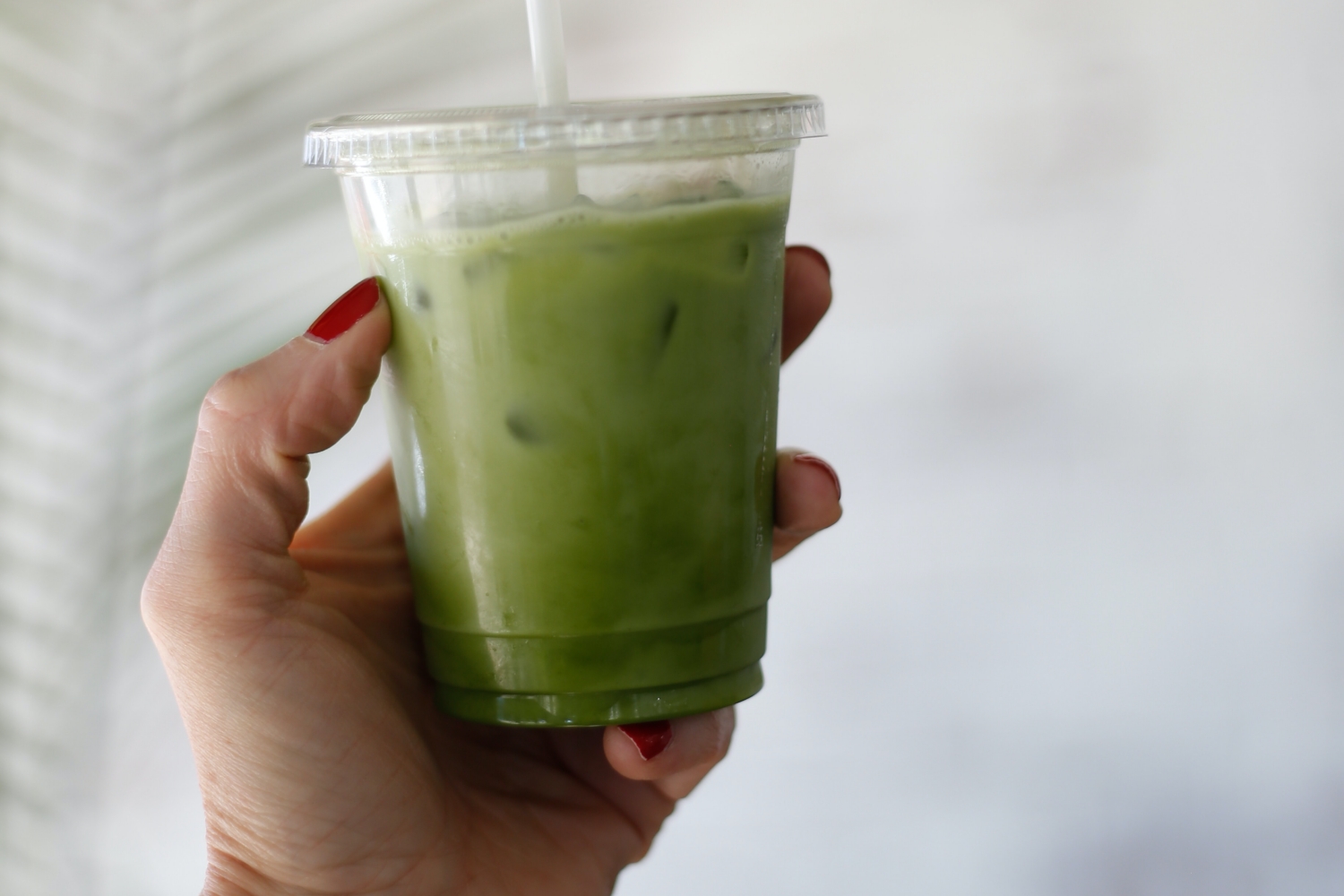
1) If you want to try a food-focused approach to healing . . . commit. If you decide that a particular diet is right for you and there are actual, demonstrated benefits of following this diet, then follow the diet. Do you have an autoimmune disease and want to try AutoImmune Protocol to help manage it? Great idea, now do it. Just got out of heart surgery and your surgeon is saying, “Paleo. Now.”? First of all, you’ve hit the doctor jackpot, this guy knows his stuff. Second of all, do it! Think GAPS might help with a mental health disorder you are battling? I think so too, so do it. Is the protocol safe? Is there evidence to back it up? Do you know of others that have had success? Determine your motivation & proceed. Don’t spend a bunch of time hemming & hawing. Starting and stopping. If you need support, get it. Committing is the only way to reap the rewards.
2) Begin with the end in mind. There should be an end point. You should have a goals in mind and once they are reached, you should start adapting your diet to something that better matches your new reality. You aren’t meant to stay on one strict dietary protocol or another for a life time. Start to work on appropriate food reintroductions or seeing if a new balance works for your body after the healing period is over. What I’m saying here is be aware of the creeping “problematic fixation on eating healthy food.” If you find yourself unable to move on, despite strong indicators that your body has made a significant recovery, perhaps you need to check-in & see if your tendencies are verging on orthorexic.
3) Think twice before adding an elimination to your elimination. If you have health issues that may require more than one form of dietary management, very carefully, ideally with the help of a professional, evaluate whether or not to add any additional elimination protocols. Too much restriction may not be the best thing for you physically & will certainly be psychologically taxing. The case for doing it should be abundantly clear, preferably diagnosed, before proceeding. It is also, almost never a good idea to attempt more than two elimination protocols at once. In my opinion, this is the gateway to orthorexic behavior, because the sheer number of restrictions induces anxiety.
4) Check yourself. I think it is downright revolutionary in our society to make major diet & lifestyle changes that support your best health. The forces actively working against it are huge & powerful (have you seen “Fed Up” at your local theater yet?). However, I really caution you to examine your actions. Are you a revolutionary or obsessive-compulsive:
- Is it time to enter the reintroduction phase of your healing diet, but you view, without cause, certain foods as “bad?” For example, a Celiac will always view gluten as “bad,” but is it really necessary to never eat fruit again?
- Do you have overly strict food preparation methods? For example, anything heated in a microwave is impossible for you to eat.
- Is it jeopardizing relationships? For example, I have a teenage daughter. Naturally, I want her to eat well and develop a strong, sound body. The last thing I want is for her to develop disordered eating patterns, though. So, over the last year I’ve had to check myself and allow for a bit more flexibility, so that my views on food did not compromise our relationship or contribute to unhealthy obsessions for her.
If you do notice yourself exhibiting these behaviors & can’t seem to control them, seek help. There are many trained professionals that can help you address these disruptive patterns.
I absolutely believe in the healing power of food. I know AIP & many similar protocols do, in fact, work wonders for many forms of illness. I also want to be a leader in our community for balance & an approach that discourages disordered eating of all kinds. After all, this journey is about being our best selves, not developing tortured, burdened minds & hearts.
If you haven’t already done it, I highly recommend you read this piece by Dr. Emily Deans. She has been my guide post on this topic.
















1 comment
[…] A Little Clarification can now be found HERE, at Autoimmune Paleo, where I and my blog partner, Mickey Trescott, now blog. Thanks for […]